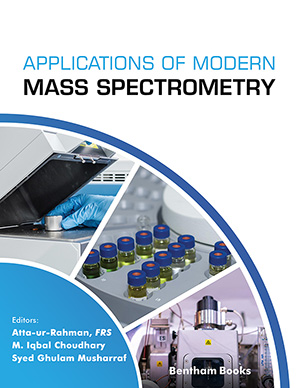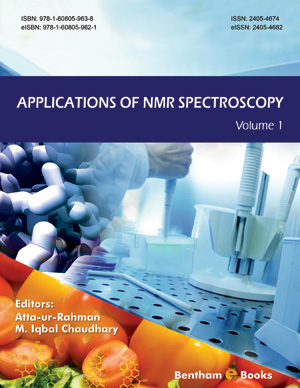Abstract
The contemporary era of studying superhydrophobic surfaces began in 1997,
when Neinhuis and Barthlott discovered the self-cleaning qualities of the lotus effect.
Corrosion of steel represents an important industrial issue with well-known negative
economic and environmental consequences. The protection of steel objects during
service operations is an inexhaustible research subject because of the steel's high demand
in the industry. Anticorrosive coatings have aided in extending the life of the material
without impairing its bulk qualities. The microporous structure of polymers allows
corrosive ions to pass at the coating–metal interface, resulting in poor serviceability.
Advanced structural modifications, such as polymeric nanocomposites, have been used
to solve these disadvantages. Organic-inorganic nanocomposites are employed as
outstanding anti-corrosive coatings to provide steel constructions' service longevity.
Superhydrophobic nanocomposite coatings tend to be one of the most promising
methods for avoiding corrosion in steel. Various nanostructured fillers have the ability
to significantly improve the corrosion-barrier efficiency of polymeric coatings.
Superhydrophobicity in nature will be briefly addressed to provide a comprehensive
study. This chapter focuses on introducing the anticorrosive properties of
superhydrophobic coatings. It gives an overview of present and advanced research
developments, such as graphene nanocomposite surfaces.
Keywords: Anticorrosive Coatings, Corrosion of Steel, Graphene, Lotus Effect, Nanomaterials, Nanofillers, Organic-inorganic, Polymeric Nanocomposites, Superhydrophobic Surfaces, Self-cleaning.






















